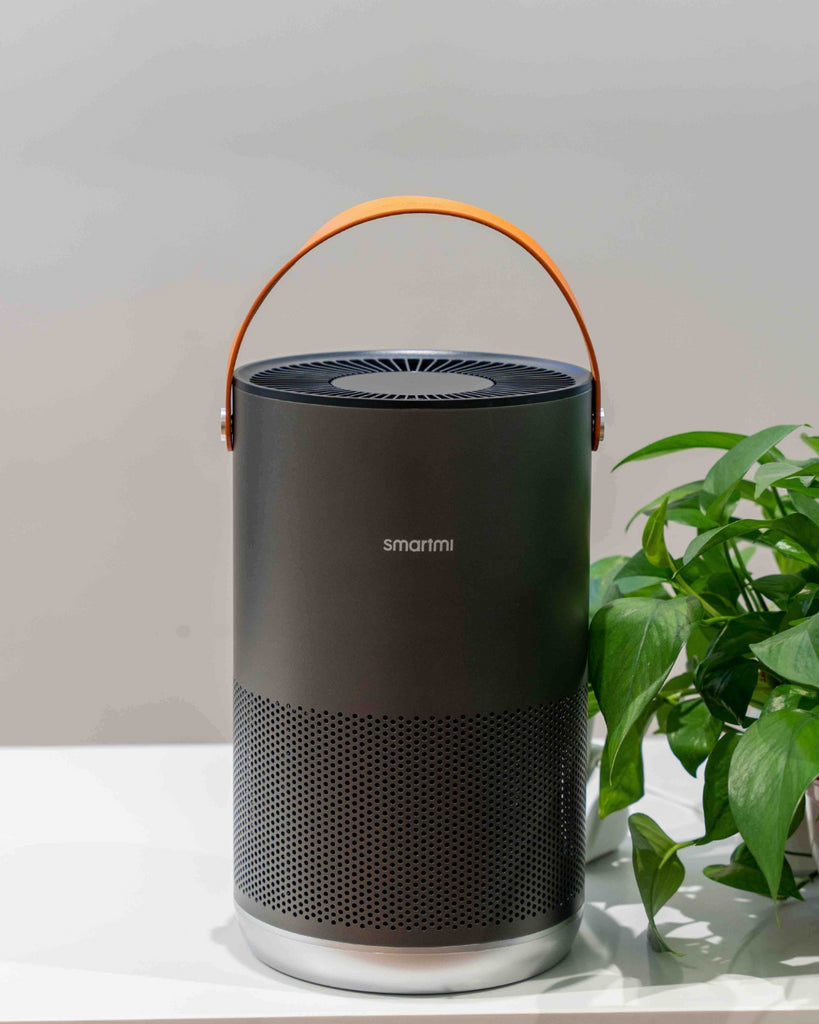The Ultimate Air Purifier Buying Guide: Everything You Need to Know

Clean air is vital for maintaining healthy lungs, heart, blood circulation, and overall physical well-being, regardless of the season. However, the air inside your home may be more polluted than you think.
Air pollution is a global problem, and it's crucial to ensure that the air we breathe is clean and healthy. One effective way to achieve this is by using an air purifier. Air purifiers can filter out pollutants and harmful particles from the air, making it safer to breathe. But with so many air purifiers available on the market, it can be overwhelming to choose the right one. This guide aims to help you understand what to keep in mind when purchasing an air purifier.
Types of Air Purifiers
Prior to starting your search, it is crucial to understand the many types of air purifiers. The most common types of air purifiers are:
HEPA Air Purifiers: HEPA stands for High-Efficiency Particulate Air. These air purifiers are particularly successful in removing allergies, dust, and other microscopic particles from the air making them very effective because they feature a filter that can capture particles as small as 0.3 microns.
Activated Carbon Air Purifiers: These air purifiers use activated carbon to remove odors and gases from the air. They are effective at removing cigarette smoke, cooking smells, and other unpleasant odors from the air.
Smart Air Purifiers: Smart air purifiers monitor and clean the air in your house using sensors and Wi-Fi connectivity. They're able to be remotely operated using a smartphone app and include settings that can be changed depending on the air quality.
Factors to Consider
There are a lot of factors to consider when purchasing an air purifier. Here are some of the most important ones:
- Room Size: The size of the room where the air purifier will be used is an important factor to consider. Make sure to choose an air purifier that is designed for the size of the room. If the air purifier is too small for the room, it won't be effective at cleaning the air.
- Filter Type: The type of filter used in the air purifier is also important. HEPA filters are the most effective at removing small particles from the air, but activated carbon filters are better at removing odors and gases. Some air purifiers use a combination of both types of filters.
- Noise Level: Air purifiers can be noisy, especially if they are running on a high setting. If you plan to use the air purifier in a bedroom or other quiet space, look for one that has a low noise level.
- Energy Efficiency: Air purifiers can use a lot of energy, so it's important to choose an energy-efficient model. Look for air purifiers that have an Energy Star rating.
- Price: Air purifiers can range in price from under $50 to over $500. Consider your budget when choosing an air purifier, but also keep in mind that a more expensive model may be more effective at cleaning the air.
Investing in an air purifier can really be beneficial for your health and well-being. When choosing an air purifier, consider factors such as room size, filter type, noise level, energy efficiency, and price. With these factors in mind, you can find an air purifier that will effectively clean the air in your home.
Sources:
https://www.tomsguide.com/reference/air-purifier-buying-guide
https://www.sylvane.com/air-purifier-buying-tips.html


